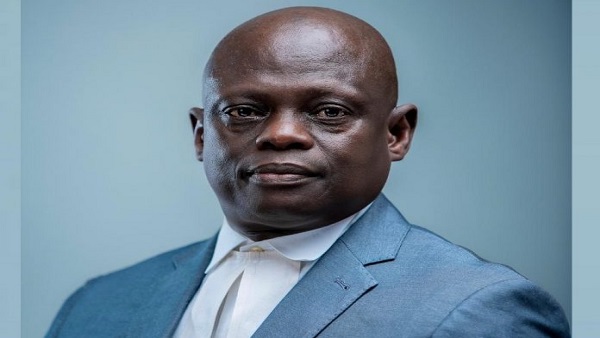By Alagie Manneh
While lauding the Gambian judiciary as independent, top lawyer Lamin J Darbo said its complete Gambianisation has led to the creation of “serious difficulties”.
The Gunjur-born lawyer who studied law in both the US and UK, was speaking to The Standard yesterday as the country marked its legal year this week.
He said there was no question that the lack of diversity in the judiciary created issues.
“I have spoken to legal practitioners who are not comfortable with full Gambianisation [of the judiciary], Darbo said. “Because this is a highly cultural country. So, I don’t know what you have heard but say for example as of today, there is no diversity in the superior courts. Diversity, going to ethnicity, has been discussed, and it has been ventilated. People have said it, especially after the 2021 election that Gambianisation must be addressed because it’s a very sensitive area and nobody can push it under the table. There’s no diversity except for the balance between men and women… so, the superior courts must be diversified.”
Darbo said he has no qualms if people want to entirely Gambianise the entire judiciary, saying “that is not a problem, that is when independence come. But the fears [in the judiciary regarding Gambianisation] must be addressed. There are fears there that must be addressed. And it’s not for me to elaborate on those. All you have to do, is look at the composition of the superior courts. By the superior courts I am referring to the High Court, the Gambia Court of Appeal and the Supreme Court”.
Judicial independence
Mr Darboe extolled the Gambian judiciary for achieving independence. “I will not hesitate in saying that there is judicial independence in the country. It depends on how individual judges implement the independence they have; do you implement it partially or do you implement it impartially? That is what we have to worry about. But I have to say there are judges [in the country] who are very, very impartial.”
On his impressions of the judiciary since the ousting of former ruler Jammeh, the top lawyer outlined impartiality of the sector, describing it as the cornerstone of any dispensation of justice in the country.
“Whether we are talking about the magistrates court, whether we are talking about the superior courts, whether we are talking about the cadi courts, and whether we are talking about the district tribunals, impartiality is key.”
Turning to the cadi and district tribunals, he said: “I think the district tribunals and cadi courts must be brought into the fold of proper administration of justice. There’s a lot of injustice taking place in the district tribunals and in the cadi courts. We need to modernise the district and tribunal courts. That kind of bad jurisdiction and not keeping records or keeping wrong records or sitting on records and refusing to give records to litigants. So, obviously, there are systemic problems there.





